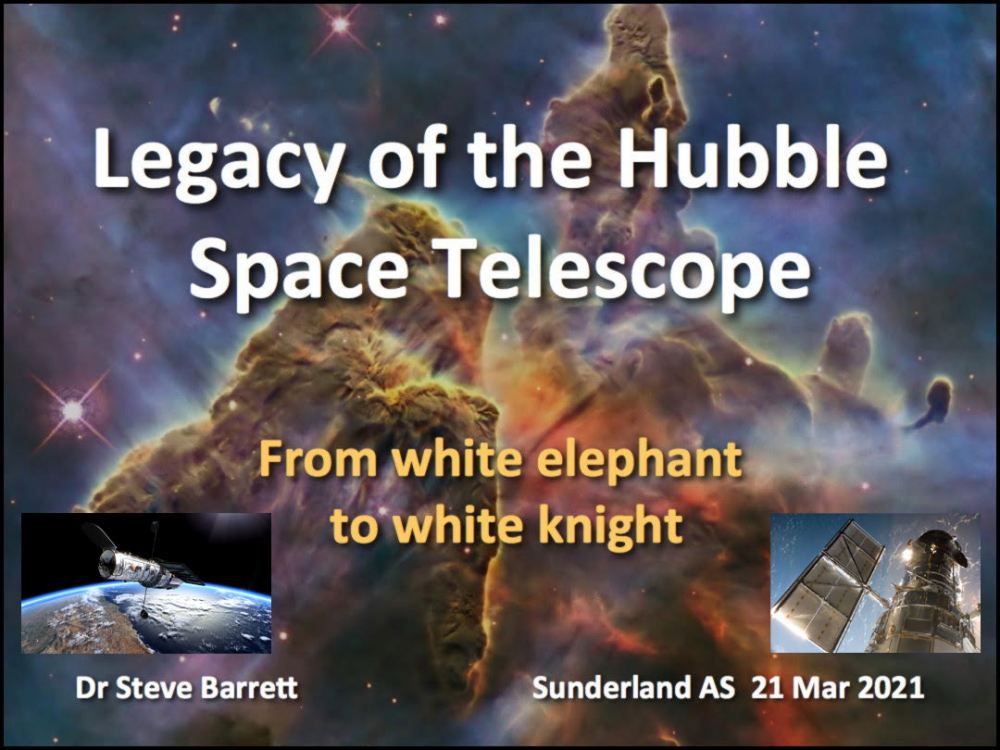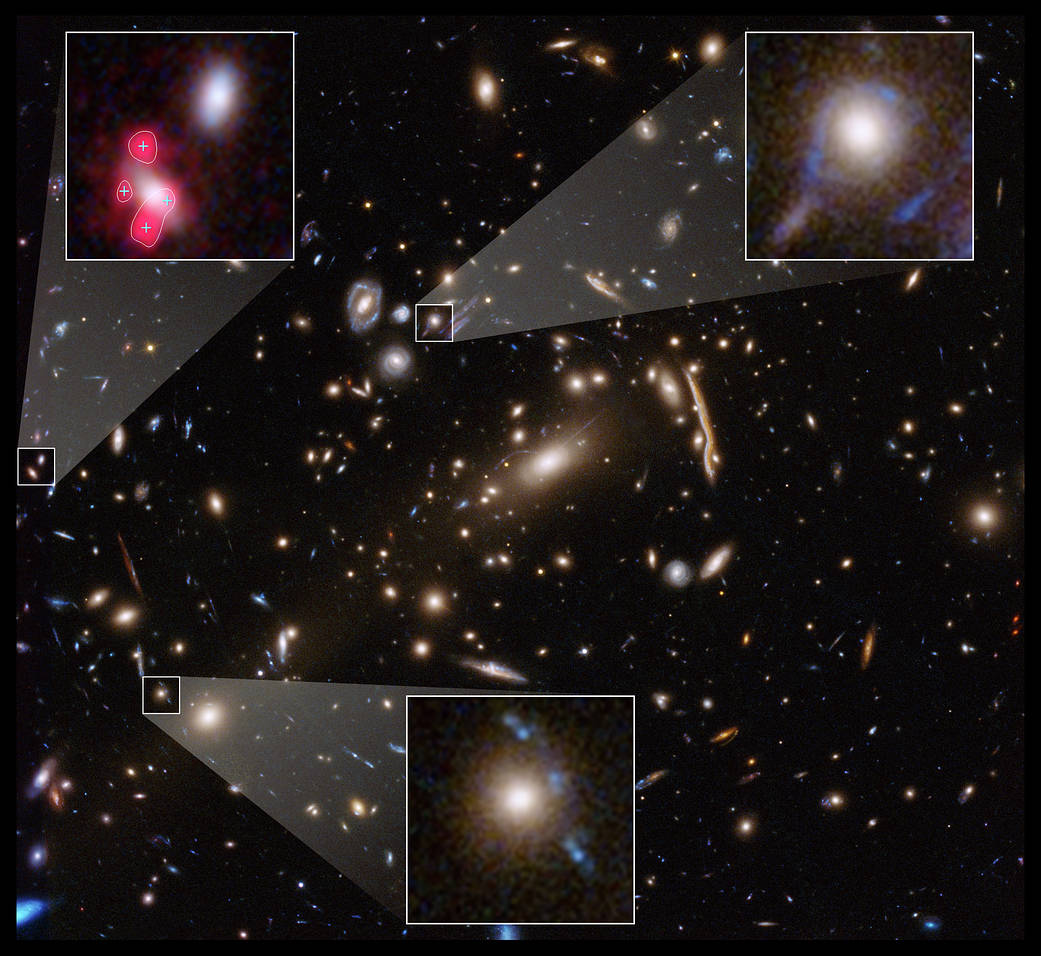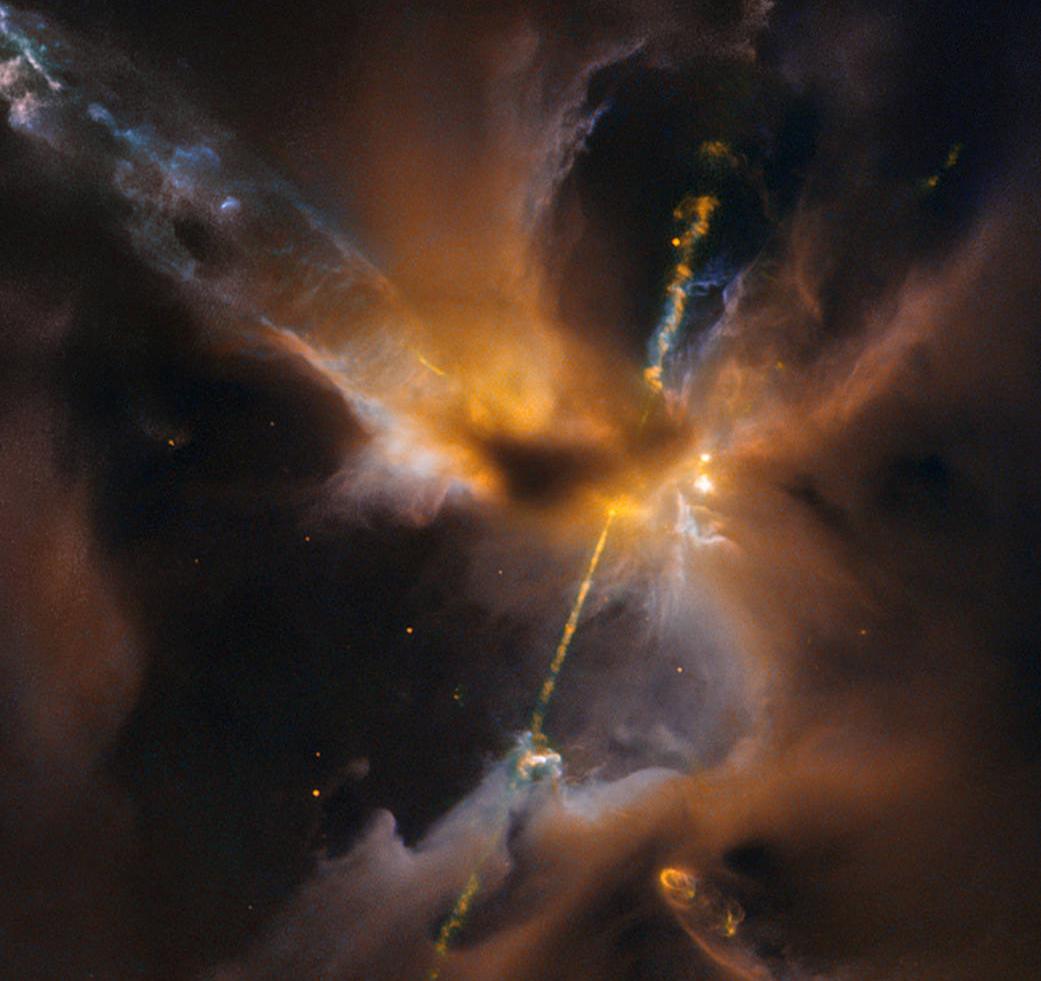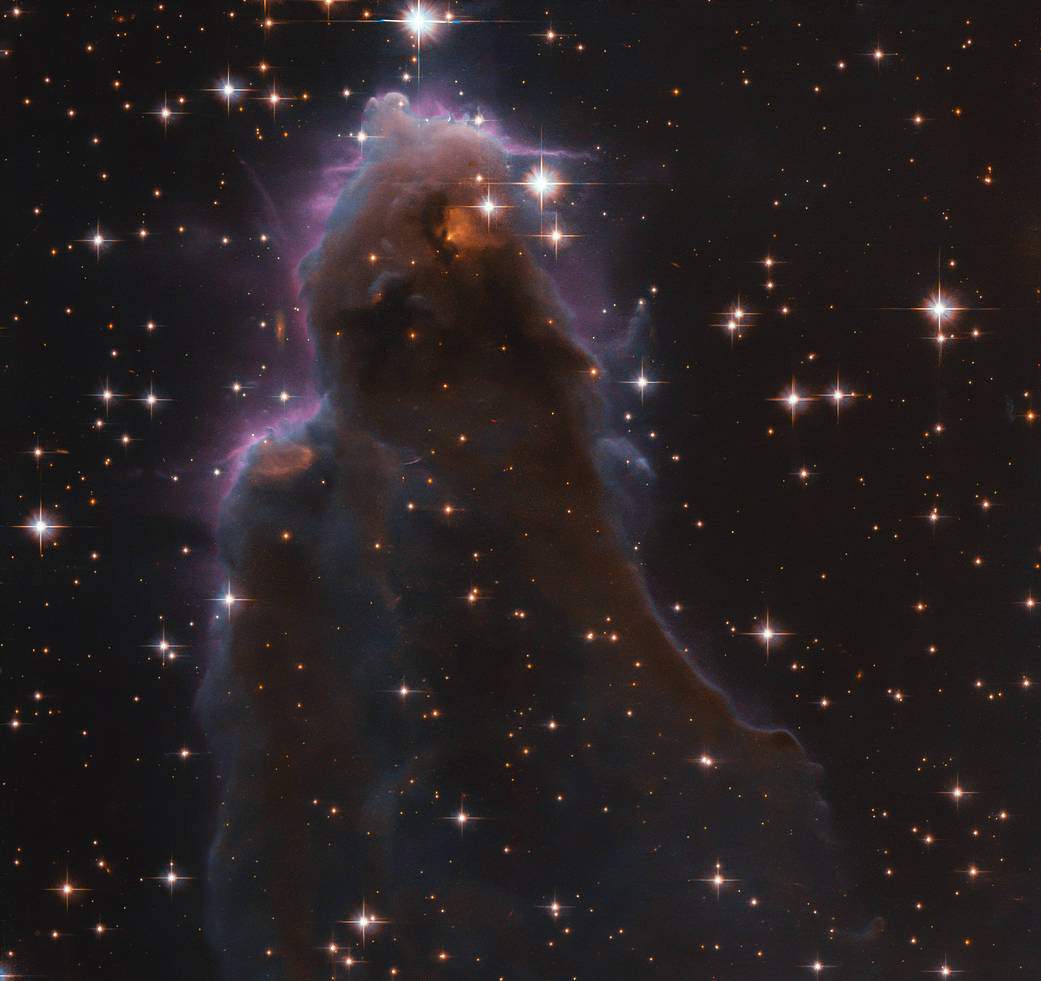SAS Lecture: The Legacy of the Hubble Space Telescope
About this event :




In this talk Dr Steve Barrett will give a brief history of the Hubble Space Telescope and a description of its legacy in terms of its scientific contributions to our understanding and the way that it touched the public consciousness.
Hubble, the observatory, is the first major optical telescope to be placed in space, the ultimate mountaintop.
Above the distortion of the atmosphere, far far above rain clouds and light pollution, Hubble has an unobstructed view of the universe. Scientists have used Hubble to observe the most distant stars and galaxies as well as the planets in our solar system.
Hubble’s launch and deployment in April 1990 marked the most significant advance in astronomy since Galileo’s telescope.
Thanks to five servicing missions and more than 25 years of operation, our view of the universe and our place within it has never been the same.
This Hubble Legacy talk will not only feature some of the most stunning imagery captured by the telescope, but also briefly explain how Hubble has advanced our understanding of the universe and our very creation.
Looking deep into space, by definition, means looking back in time—and the Hubble Space Telescope can look very far back, including at stars, nebulae, and galaxies that are millions, even billions, of years old.
If there is a single legacy of Hubble as it turns 30 years old and nears the end of its useful life, it is this: It has done more to chronicle the origin and evolution of the known universe than any other instrument ever created.
Hubble has also captured an astounding collection of ultraviolet images that include geysers of solar light, Mars’ famous dust storms, exploding stars, solar flares, globular clusters, and actual galaxies colliding.
As for scientific milestones, Hubble has helped us learn that the universe is 13.8 billion years old, that just about every large galaxy features a black hole at its center, and that it’s possible to create 3-D maps of dark matter.
The Hubble Legacy talk will not only feature some of the most stunning imagery captured by the telescope, but also explain how Hubble has advanced our understanding of the universe and our very creation.
When Where
- Date: Sunday 21st March 2021,
- Time: 7pm.
- Speaker: Dr Steve Barrett, Department of Physics, University of Liverpool.
- Venue: Via Zoom (due to Pandemic Social Distancing Restrictions, login will be issued near the date of the talk).
Our speaker
Dr Steve Barrett, Department of Physics, University of Liverpool.
Steve is a Senior Research Fellow in the Department of Physics, my research interests span all aspects of imaging, image processing and image analysis.
This includes medical imaging (biophysics), scanning probe microscopy of atoms, molecules and surfaces (nanophysics), microscopy of earth materials (geophysics) and astrophotography.
Honors & Prizes:
- Sir Patrick Moore Prize (British Astronomical Association, 2019)
- Greatest Contribution to the Student Experience (U Liverpool, 2017)
- Senior Fellow of the HEA (Higher Education Academy, 2015)
- Guild ‘Lion’ Award (Liverpool Guild of Students, 2010)
- Institute of Physics Prize (Institute of Physics, 2007)
- Sir Alastair Pilkington Award for Teaching Excellence (U Liverpool, 2004)
Your host : Martin Kennedy
